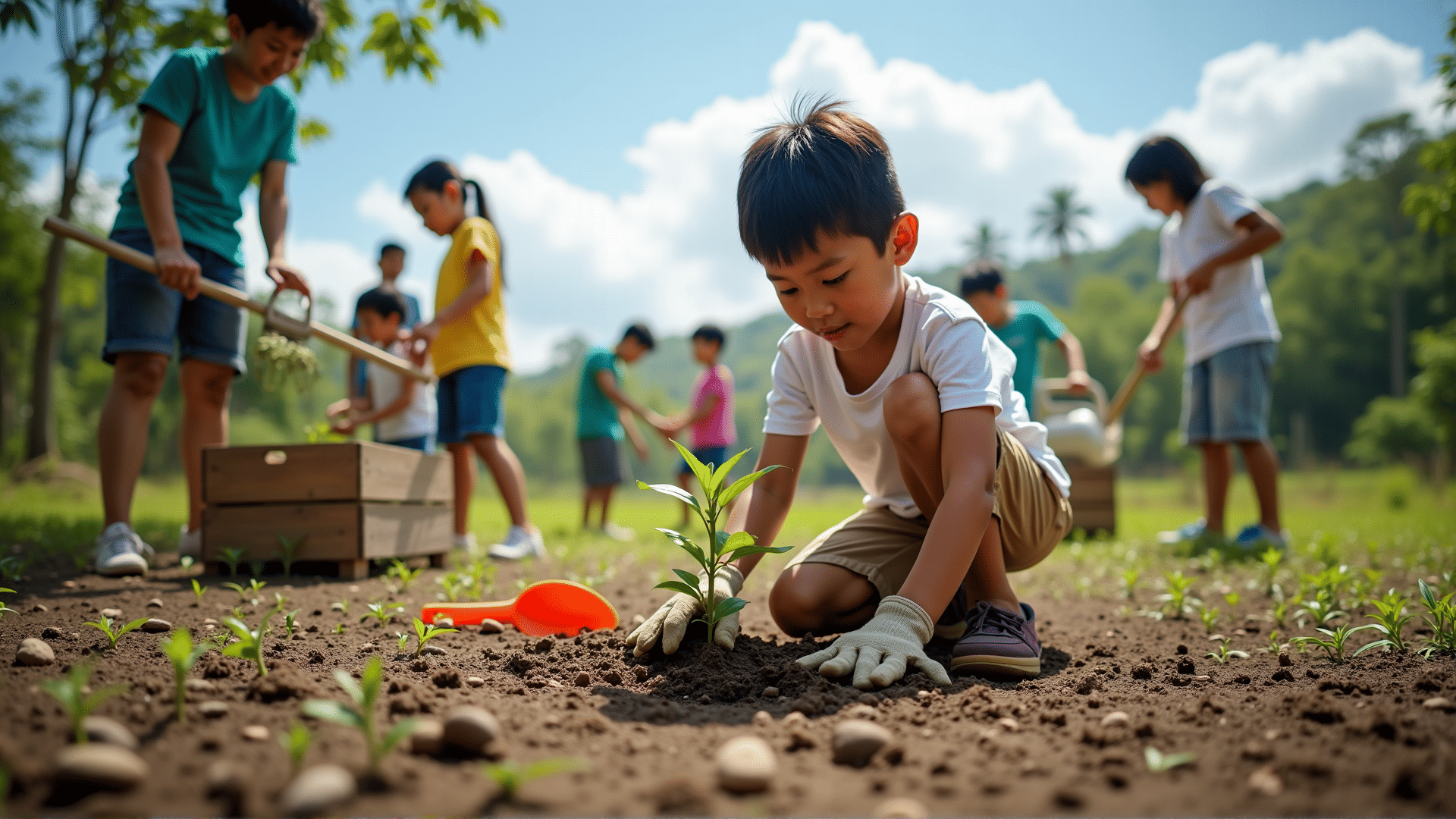In recent years, growing awareness of the global need to preserve our natural resources has led to a significant shift toward sustainable practices. The desire to minimize the impact of human activity on the environment is motivating individuals, communities, and businesses worldwide to embrace a more responsible approach to daily operations and long-term planning.
Education plays a pivotal role in promoting sustainable practices. By integrating environmental studies into school curriculums, young minds are introduced to the concepts of conservation and resource management from an early age. This equips future generations with the knowledge and skills necessary to make informed decisions about resource utilization and conservation efforts.
In the realm of energy, a transition is underway from traditional fossil fuels to renewable sources such as solar, wind, and hydroelectric power. These alternatives not only reduce greenhouse gas emissions but also encourage the development of innovative technologies that harness the Earth's abundant natural resources in a clean and sustainable way.
Additionally, urban areas are witnessing a rise in green infrastructure projects. These initiatives aim to increase vegetation cover, manage stormwater naturally, and promote biodiversity within city environments. Rooftop gardens, green walls, and urban forests have become increasingly common, providing aesthetic, ecological, and thermal benefits to dense urban centers.
Community involvement in conservation efforts also plays a critical role. Local initiatives, such as community gardens, beach clean-ups, and tree-planting events, foster a sense of shared responsibility and engagement with environmental stewardship. These activities not only enhance the local environment but also bring people together in common purpose, strengthening community bonds.
Corporate responsibility, too, has seen significant transformation as companies recognize the importance of adopting sustainable business practices. Many organizations are adopting measures to reduce waste, lower carbon footprints, and ensure the ethical sourcing of materials. Transparency in these processes is increasingly demanded by consumers who prioritize environmentally friendly products and services.
Furthermore, innovations in technology are paving the way for improved resource efficiency. From smart grids that optimize energy use to water conservation systems that reduce waste, technological solutions are making it easier for individuals and corporations to incorporate sustainable practices into their daily lives.
The agricultural sector is also evolving with the adoption of sustainable farming practices such as crop rotation, organic farming, and permaculture. These methods help maintain soil health, reduce the use of harmful chemicals, and promote resilient food systems that can withstand the challenges posed by climate change.
Globally, efforts to protect biodiversity and ecosystems are gaining momentum. International collaborations aim to establish protected natural areas, regulate harmful activities, and rehabilitate damaged ecosystems. These initiatives are crucial for preserving the planet's rich diversity of species and ensuring the health of global ecosystems.
As we continue to confront the pressing environmental challenges facing our planet, the adoption of sustainable practices will be essential in safeguarding natural resources for future generations. Through education, technology, community action, and responsible business conduct, we can foster a more sustainable world where humans and nature coexist in harmony.
